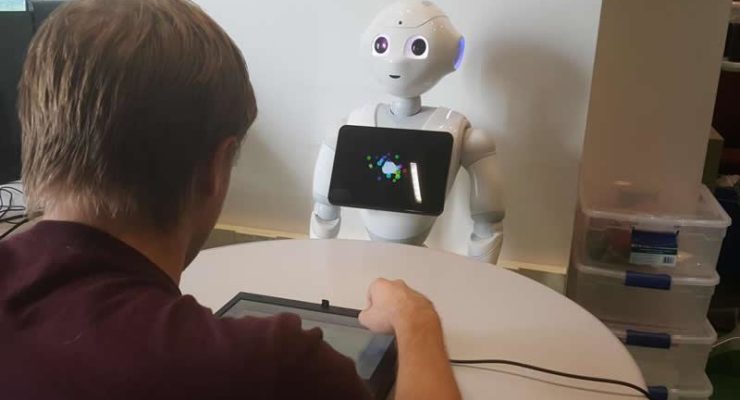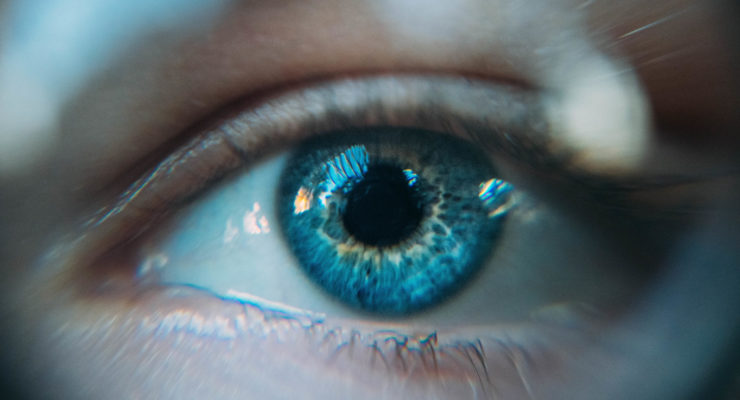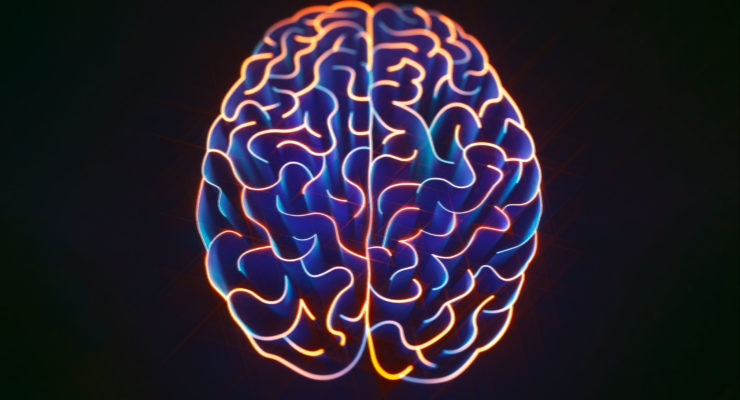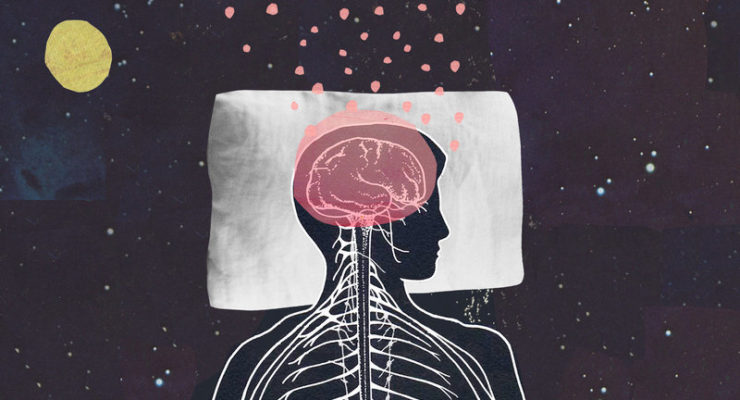(Science Daily) Neurochemicals such as serotonin and dopamine play crucial roles in cognitive and emotional functions of our brain. Vesicular monoamine transporter 1 (VMAT1) is one of the genes responsible for transporting neurotransmitters and regulating neuronal signaling. A research team led by Tohoku University has reconstructed ancestral VMAT1 proteins, revealing the functional changes in neurotransmitter uptake of VMAT1 throughout the course of human evolution.
neuroscience
Emotion Concepts Are Not the Same Worldwide
(Neuroscience News) Fear, anger, sadness – while it is often assumed these emotion concepts are the same the world over, new research suggests there is greater cross-cultural variation in “how people think about emotions than is widely assumed”, contributor Dr Joseph Watts says.
What Other People Think About Us: Trash Talk Hurts, Even When It Comes from a Robot
(Justin Deschamps) “I don’t care what they think, so it doesn’t bother me.” How often have you used that to dismiss something someone thinks or says about you? We’ve all done it before. We’d like to think we can ignore the opinions of others, because, let’s face it, people aren’t always nice or respectful. But can we really ignore this? A recent study suggests we’re hardwired to care about what other people think of us, so much so, even when we know a robot is slinging the insults, it still affects us.
Conscious Visual Perception Occurs Outside the Visual System
(Science Daily) A Dartmouth study finds that the conscious perception of visual location occurs in the frontal lobes of the brain, rather than in the visual system in the back of the brain. The findings are published in Current Biology.
Justified and Unjustified Movie Violence Evokes Different Brain Responses
(Science Daily) The gun violence seen in popular PG-13 movies aimed at children and teenagers has more than doubled since the rating was introduced in 1984. The increasing on-screen gun violence has raised concerns that it will encourage imitation, especially when it is portrayed as “justified.”
Human Behavior Follows Probabilistic Inference Patterns
(Neuroscience News) How do human beings perceive their environment and take their decisions? To successfully interact with the immediate environment, for human beings it is not enough to have basic evidence of the world around them. This information by itself is insufficient because it is inherently ambiguous and requires integrating into a particular context to minimize the uncertainty of sensory perception. But, at the same time, the context is ambiguous. For example, am I in a safe or a dangerous place?
Babies in the Womb May See More than We Thought
(Science Daily) Light-sensitive cells active in the retina even before the fetus can distinguish images may play a larger role in the developing eye and brain than previously thought.
Ayahuasca Compound Changes Brainwaves to Vivid ‘Waking-Dream’ State
(Science Daily) Scientists have peered inside the brain to show how taking DMT affects human consciousness by significantly altering the brain’s electrical activity.
A New Theory of Brain Organization Takes Aim at the Mystery of Consciousness
(Neuroscience News) Consciousness is one of the brain’s most enigmatic mysteries. A new theory, inspired by thermodynamics, takes a high-level perspective of how neural networks in the brain transiently organize to give rise to memories, thought and consciousness.
Your Brain Doesn’t Stop Growing – Even in Your 90s
(Melissa Smith) Some experts believe that the brain stops producing new brain cells after childhood — but that’s not the case, according to a new study published in the journal Nature Medicine. This study suggests that the brain continues to grow even in your 90s.
The Night Gardeners: Immune Cells Rewire, Repair Brain While We Sleep — And Stress Turns Them OFF
(Justin Deschamps) A recent study conducted by the University of Rochester Medical Center identified one of the brain systems in charge of repair and new connections. Microglia cells act as repair/connection bots for the mind, working to rewire your brain when you’re learning, whether, by study, daydreaming, getting triggered or action. What’s interesting is that stress seems to shut down this system, giving us insights into how we might maintain health into old age.
The Brain’s Favorite Type of Music
(Science Daily) People prefer songs with only a moderate amount of uncertainty and unpredictability, according to new research.
Animal Study Shows How Stress and Mother’s Abuse Affects Infant Brain
(Science Alert) A new study in rats shows the extent of brain damage in newborn rodents from even short-term abuse by their mother.
Findings Bridge Knowledge Gap Between Pheromone Sensitivity and Courtship
(Science Daily) Neurobiologists have made a series of discoveries about fruit fly fertility and smell. The findings solve a long-standing puzzle of whether and how courtship-promoting signals are amplified by olfactory receptor neurons, or ORNs. The researchers found that a channel known as PPK25 amplifies courtship signals in the ORNs of male flies. Biologically, PPK25 heightens males’ sensitivity to their mates’ odors at the age of peak fertility, thus promoting courtship when flies are most fertile.
A New Discovery: How Our Memories Stabilize While We Sleep
(Science Daily) Scientists have shown that delta waves emitted while we sleep are not generalized periods of silence during which the cortex rests, as has been described for decades in the scientific literature. Instead, they isolate assemblies of neurons that play an essential role in long-term memory formation.














